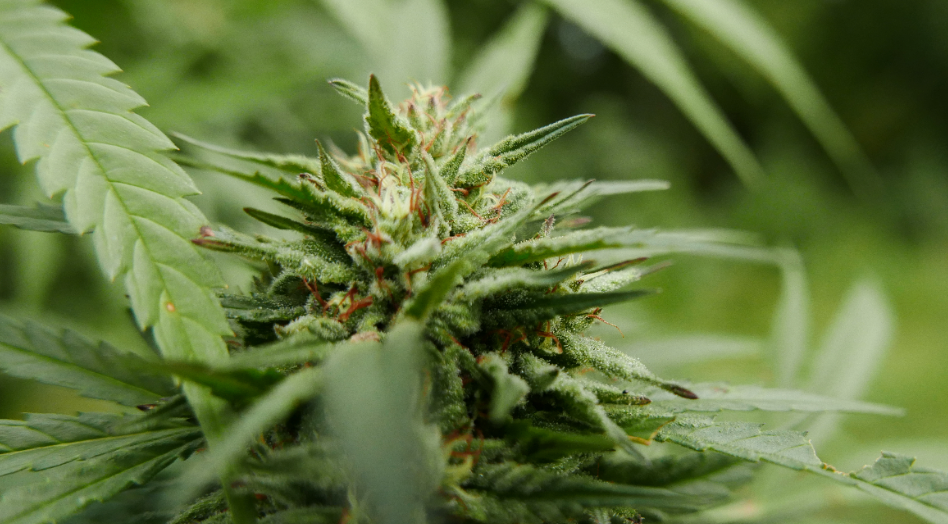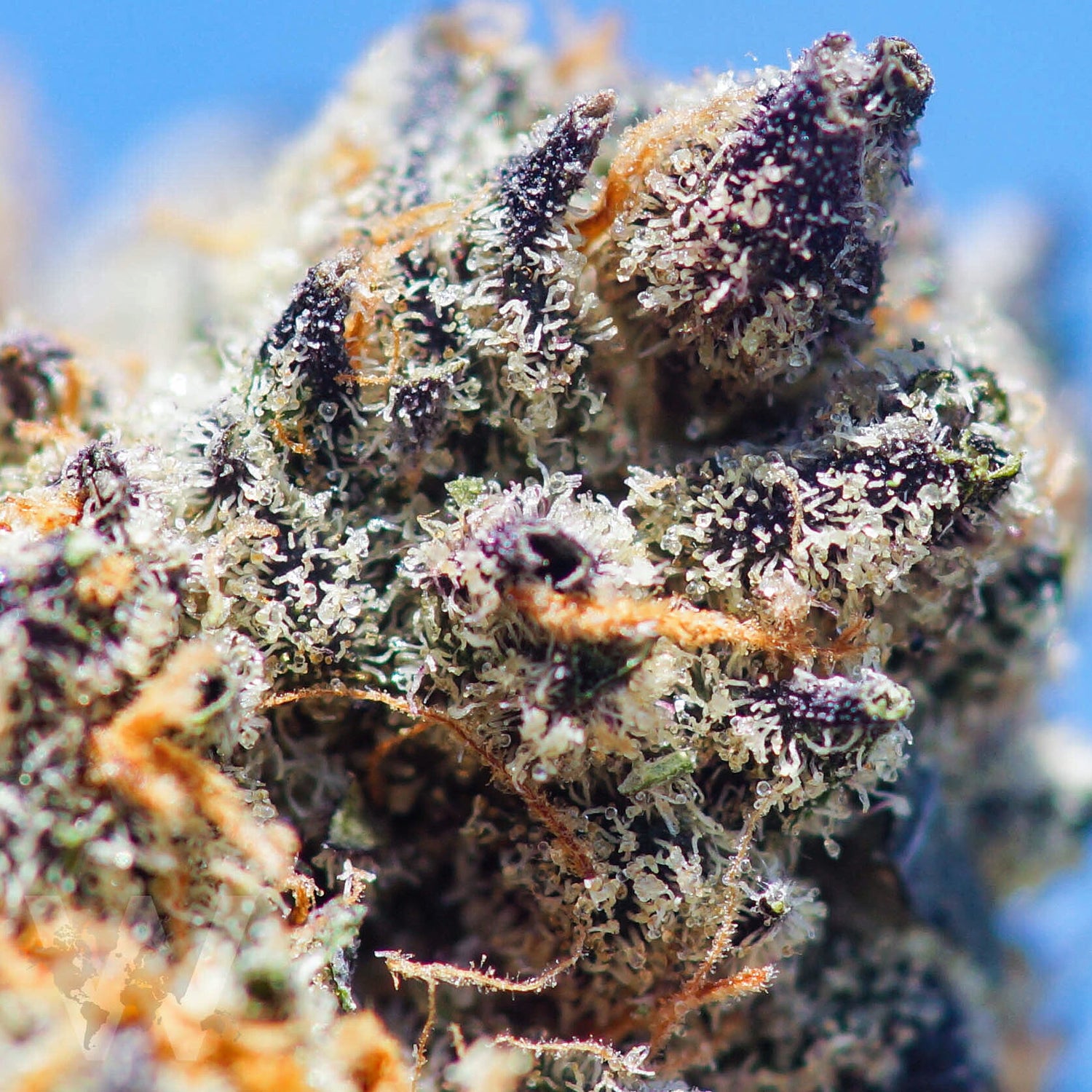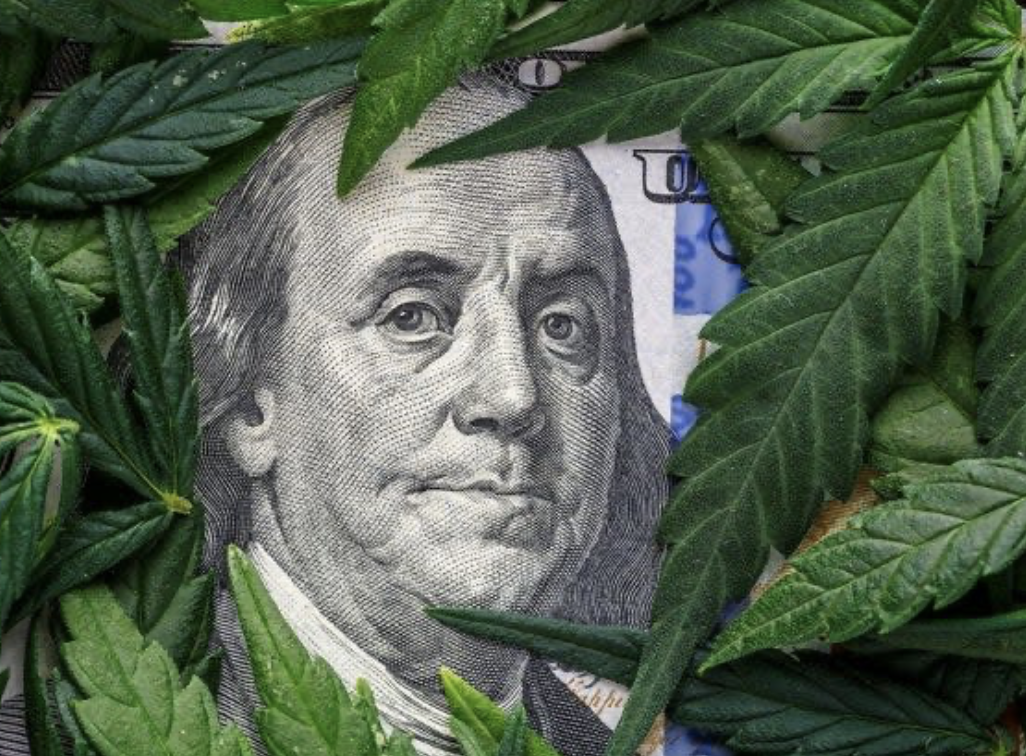Legalize! - A brief history on the legalization of cannabis and hemp.

The criminalization of cannabis can be traced back to the efforts of figures like William Randolph Hearst, who played a significant role in shaping public opinion through their sensationalist newspapers in the early 20th century. Hearst, along with other influential individuals and organizations, portrayed cannabis as a dangerous and addictive substance that led to criminal activity and moral degradation. These efforts ultimately led to the passage of the Marihuana Tax Act of 1937, effectively making cannabis illegal at the federal level in the United States.
It's no question of our complex relationship with cannabis and hemp, dating back to the Colonial Era. The domestic production of hemp was encouraged by the government in the 17th Century for the production of rope, sails, and clothing, and it flourished until imports replaced it after the Civil War.
However, over the past few decades, there has been a significant shift in public perception and understanding of cannabis. Many studies have debunked previous misconceptions and highlighted the potential medical benefits and economic opportunities associated with cannabis. As a result, various states in the US have enacted legislation to legalize and regulate the use of cannabis for both medical and recreational purposes, with the industry being subject to taxation and regulation.
The growing acceptance of cannabis in society has also brought attention to the issue of individuals who are currently serving prison sentences for non-violent cannabis-related offenses. While exact statistics may vary, it is estimated that a large number of individuals remain incarcerated for such offenses. This has prompted discussions about criminal justice reform, specifically regarding the disproportionate impact of cannabis-related laws on certain communities and the need for equity in the emerging legal cannabis industry.
It is important to note that the overall narrative surrounding cannabis is complex and multifaceted, involving various historical, political, and socio-cultural factors. The shifting regulations and societal acceptance are an ongoing process, and efforts are being made to address the past and current impact of cannabis criminalization.
Based on the information from a study by the Tax Foundation, a mature marijuana industry could potentially generate up to $28 billion in tax revenues for federal, state, and local governments, including $7 billion in federal revenue. This could comprise $5.5 billion from business taxes and $1.5 billion from income and payroll taxes. The same study suggests that a federal tax rate of $23 per pound of cannabis, similar to the federal tax on tobacco, could potentially generate $500 billion.
Regarding government seizures, the exact dollar amount of cannabis seizures over the last 30 years could be calculated with some simple street math:
At an average of $3,000 an pound (which can range from $2000-7000 per pound depending on quality, rarity or specific farms etc.)
Thats over $30B a year per 5000 tons of cannabis that is seized! So you can see the government still has its reasons for keeping cannabis illegal, as there is still much more money in seizures than federal sales tax, and will remain so until we have a national legalization and a captured sales tax on each gram of cannabis that changes hands here in the United States.

However, it's worth noting that there have been significant fluctuations in the government's approach to cannabis.
Hemp has a wide range of industrial uses, making it an incredibly versatile plant. Here are some of the notable applications:
Fiber: Hemp fibers are strong, durable, and have excellent tensile strength. They can be used to produce textiles, fabrics, ropes, canvas, and paper.
Building Materials: Hemp fibers can be used to make strong and sustainable building materials, such as hempcrete, which is a mixture of hemp hurds (the woody inner core of the plant) and lime. Hempcrete is lightweight, insulating, and has excellent thermal properties. See what USA Today has to say about Hempcrete.
Biofuel: Hemp seeds can be pressed to extract oil, which can then be processed into biodiesel. Hemp biodiesel is renewable, biodegradable, and emits fewer carbon emissions compared to fossil fuels.
Plastics: Hemp fibers can be used to produce bioplastics, which are biodegradable and compostable. Hemp plastics have the potential to replace traditional petroleum-based plastics in various applications.
Cosmetics and Personal Care: Hemp seed oil is rich in essential fatty acids, vitamins, and antioxidants, making it a popular ingredient in skincare products, lotions, and hair care products.
Nutritional Supplements: Hemp seeds are highly nutritious and contain essential fatty acids, protein, fiber, and various vitamins and minerals. They can be consumed as a dietary supplement or used to produce hemp protein powder, hemp milk, and hemp oil.
Soil Remediation: Hemp has the ability to absorb contaminants from the soil through a process called phytoremediation. It can be used to remove toxins and pollutants from soil and water, making it useful for cleaning up contaminated sites.
It's important to note that while hemp has numerous industrial uses, the regulations and legal restrictions surrounding its cultivation and utilization vary from country to country. However, with the increasing recognition of hemp's potential, there has been a growing interest in exploring and expanding its industrial applications.
In the year 2024, Hemp is legal in most of the western world. CBD can be transported internationally but you will still want to avoid these countries:
Afghanastan
Albania
Algeria
Angola
Andorra
Bahrain
Bangladesh
Belarus
Bhutan
Brunei
Cameroon
Chad
China
Congo
Cuba
Ethiopia
El Salvador
Gabon
Gambia
Honduras
Indonesia
Jordan
Kenya
Laos
Madagascar
Nepal
Nigeria
Philippines
Russia
Taiwan
Tunisia
UAE
Vietnam
For a full list of up to date hemp and cannabis legalities around the world, visit this article at Hempika.
As you can see, there is still major work to do regarding Global Legalization - Importing / Exporting and still very different stances on Hemp & CBD vs Cannabis & THC. Anytime you are crossing state and National lines things can become messy, so, look out for #1 - an international misunderstanding and a few hours or days with local authorities will definitely mess up your travel plans.
Always remember to check local laws before traveling to a specific country as even a misunderstanding can have you sleeping in jail a few nights, and unless you are Brittney Griner, no government agency is going to do a prisoner swap for you!
Sources:
- https://www.apa.org/monitor/2014/05/marijuana
- https://time.com/longform/gods-of-green/
- https://www.ncbi.nlm.nih.gov/pmc/articles/PMC5312634/
- https://www.americanprogress.org/issues/criminal-justice/reports/2020/0
- https://taxfoundation.org/research/all/federal/marijuana-tax-legalization-federal-revenue/
- https://libguides.law.uga.edu/c.php?g=522835&p=3575350
Sources:
Hemp Gazette - Industrial Hemp
Treehugger - 7 Great Uses for Industrial Hemp
Penn State Extension - Industrial Hemp Production
USA TODAY - 7 Surprising Uses for Industrial Hemp ↩

Cbd 101
The Endocannabinoid System
The root of it all, the magical ECS and how it does more than just serve us THC and CBD.

cbd 101
What is CBD?
A deep dive into CBD - where it comes from, why its important, and the different uses.

Cbd 101
Proper CBD Dosing & Proper THC Dosing.
The official guide on how dose for desired effect.


CBD 101
CBD vs. THC
And everything you need to know about using them individually and together.


Cbd 101
Legalize! A brief history of Cannabis and CBD.
Why its been illegal so long and the challenges we still face today.

CBD 101
Hemp! What is it good for?
Medical and Industrial uses of hemp, the plant with the most potential to save the world.
